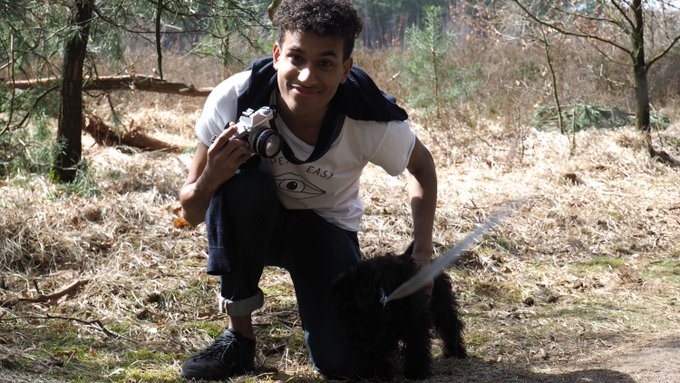The prosecutor’s office in Hasselt has wound up its investigation into the death of 20-year-old student Sanda Dia during a student hazing ritual. Eighteen members of the student fraternity concerned will appear in court on 7 June.
Sanda, a civil engineering student, died in December 2018 after taking part in an initiation ritual to enter the student fraternity calling itself Reuzegom. He was taken ill and rushed to hospital, where he was found to have hypothermia, with a body temperature of 27 degrees. He later died in hospital, and an autopsy revealed massive organ failure as a result of toxicity.
The investigation that followed discovered from the other students who had taken part had been forced to drink large quantities of both alcohol and fish oil. They had also been urinated on, and forced to sit outside for long periods in a pool of freezing water.
Both the alcohol and the cold water are likely to have contributed to hypothermia, while the fish oil, taken in extraordinary quantities, would have effectively poisoned the young man.
Related News
- KU Leuven hazing death suspect will appeal suspension
- KU Leuven applies new sanctions on students involved in fatal hazing
- Antwerp governor’s son was member of student club involved in fatal hazing
- Reuzegom: what happened during Belgium's deadly student hazing?
The 18 suspects would normally have appeared in court for a committal hearing in September last year to decide who would go for trial and on what charges, but some of the parties requested additional acts of investigation, which have now been completed.
On 7 June, 18 present and former members of Reuzegom will appear before a magistrate to hear their fate. Much has been made of their comfortable backgrounds, as sons (all are male) of lawyers, dentists and businessmen.
However none of that is of any importance to the facts of the case. The magistrate in June will have to decide if they must, individually or collectively, face charges including administering dangerous substances, degrading treatment, negligence in not providing help and ultimately negligent homicide.
Those sent to trial will face a possible sentence of ten years imprisonment.
None of the parties involved in the case, including Sanda’s family, wished to comment on the latest development.

